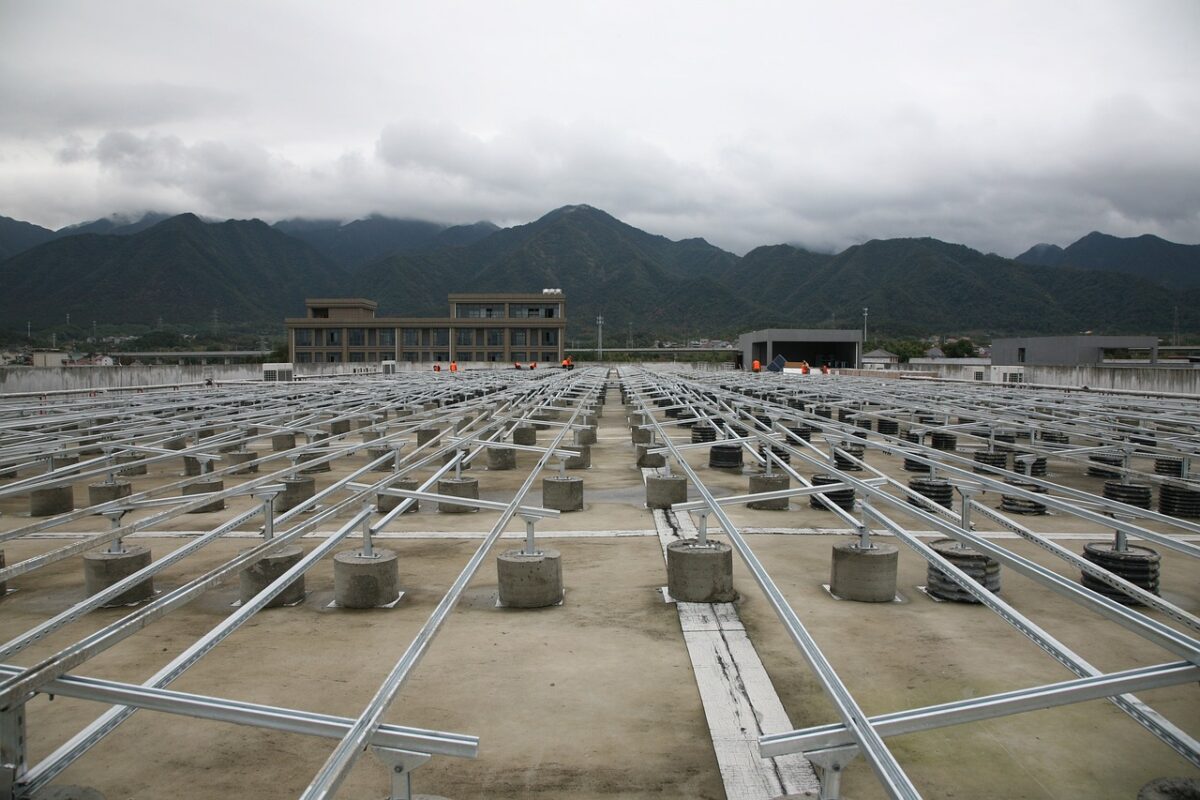The CEO of the Irish Solar Energy Association, Conall Bolger, told pv magazine that while the latest round of tenders for the Renewable Electricity Support Scheme (RESS) was “good” – as a majority of solar PV utility-scale projects were deemed provisionally successful – he remained highly cautious about the success rate of the procurement exercise, which allocated 497 MW of PV capacity.
ISEA had been collecting figures from the first RESS round, finalized in August 2020, which revealed a “high rate” of project attrition, he said.
“For RESS 1, the last estimate we saw was something in the order of 450-ish MW which was going to reach the finish line. To put that in context, 796 MW was awarded and that's just from a solar perspective,” he said, referring to the first round of the auction scheme. “We're seeing a slightly concerning rate of drop off in terms of projects being able to get through the process.”
Bolger said ISEA will have the finalized data from the second round, launched May 2022, by mid-next week, but what the organization knows already is that 1,534 MW was awarded to solar PV projects in RESS 2 with a delivery deadline of 2025. There have not been enough project notices from this second round, leading ISEA to believe many were not connected, he said.
“What one would be expecting to be seeing by now is a rush of announcements around financial closes achieved, construction entered and so forth,” Bolger explained. “We're seeing some but we're probably not seeing the volume that would line up with achieving those timelines.”
The Irish government and network regulator EirGrid this week published the names of 23 solar PV projects, representing 497 MW, deemed provisionally successful in the latest RESS 3 scheme. Selected developers will be awarded a 15-year power purchase agreement (PPA). In a press release, Minister for the Environment, Climate and Communications, Eamon Ryan said this round targeted “mature, shovel-ready projects” that already have planning permissions and grid connection offers.
Asked if the projects from the first round were not “mature” enough to connect to the grid, Bolger responded: “In the first auction there were probably lessons learned for everybody… But that's still a significant drop-off rate.” Issues preventing projects from reaching completion include “red tape”, grid issues and the “misalignment” of dates, Bolger said, adding that the association had attempted to request flexibility from the government, “[but] we haven't been getting it thus far.”
Popular content
“Sometimes there is a process of misalignment in the bureaucracy, ‘permitting’ – to use of the European terminology – which is causing a problem to projects that have planning, they have grids, but then they have to reconsent to the grid route,” he said.
The grid in particular is causing major headaches, Bolger said, with some projects’ completion dates being delayed 6—12 months. “It’s very challenging,” he said, “and it raises significant concerns about the auction program.” Aside from market issues, Bolger was also concerned about the volume of MW awarded to solar projects, saying it does not go far enough. “This is our third RESS auction and it was the smallest one in terms of volume, and the most expensive, which must be something of a concern,” he said.
“We congratulate the awarded project winners as yet, again, it was a strong showing for solar. It's a victory in terms of increasing energy security, reducing import dependence, but it's deeply concerning when we have a significant project pipeline raring to develop, raring to be delivered, and we're running into issues with the auction.”
Ireland has deployed around 680 MW of solar power spread across 59,888 generators to date, according to a recent report by the Irish Solar Energy Association. Most of this capacity originates from seven large-scale plants surpassing 5 MW, totaling 349 MW, and 208 MW from microgeneration solar arrays, encompassing systems up to 12 kW.
The Irish government set a target of producing 80% renewable electricity by 2030.
This content is protected by copyright and may not be reused. If you want to cooperate with us and would like to reuse some of our content, please contact: editors@pv-magazine.com.


By submitting this form you agree to pv magazine using your data for the purposes of publishing your comment.
Your personal data will only be disclosed or otherwise transmitted to third parties for the purposes of spam filtering or if this is necessary for technical maintenance of the website. Any other transfer to third parties will not take place unless this is justified on the basis of applicable data protection regulations or if pv magazine is legally obliged to do so.
You may revoke this consent at any time with effect for the future, in which case your personal data will be deleted immediately. Otherwise, your data will be deleted if pv magazine has processed your request or the purpose of data storage is fulfilled.
Further information on data privacy can be found in our Data Protection Policy.